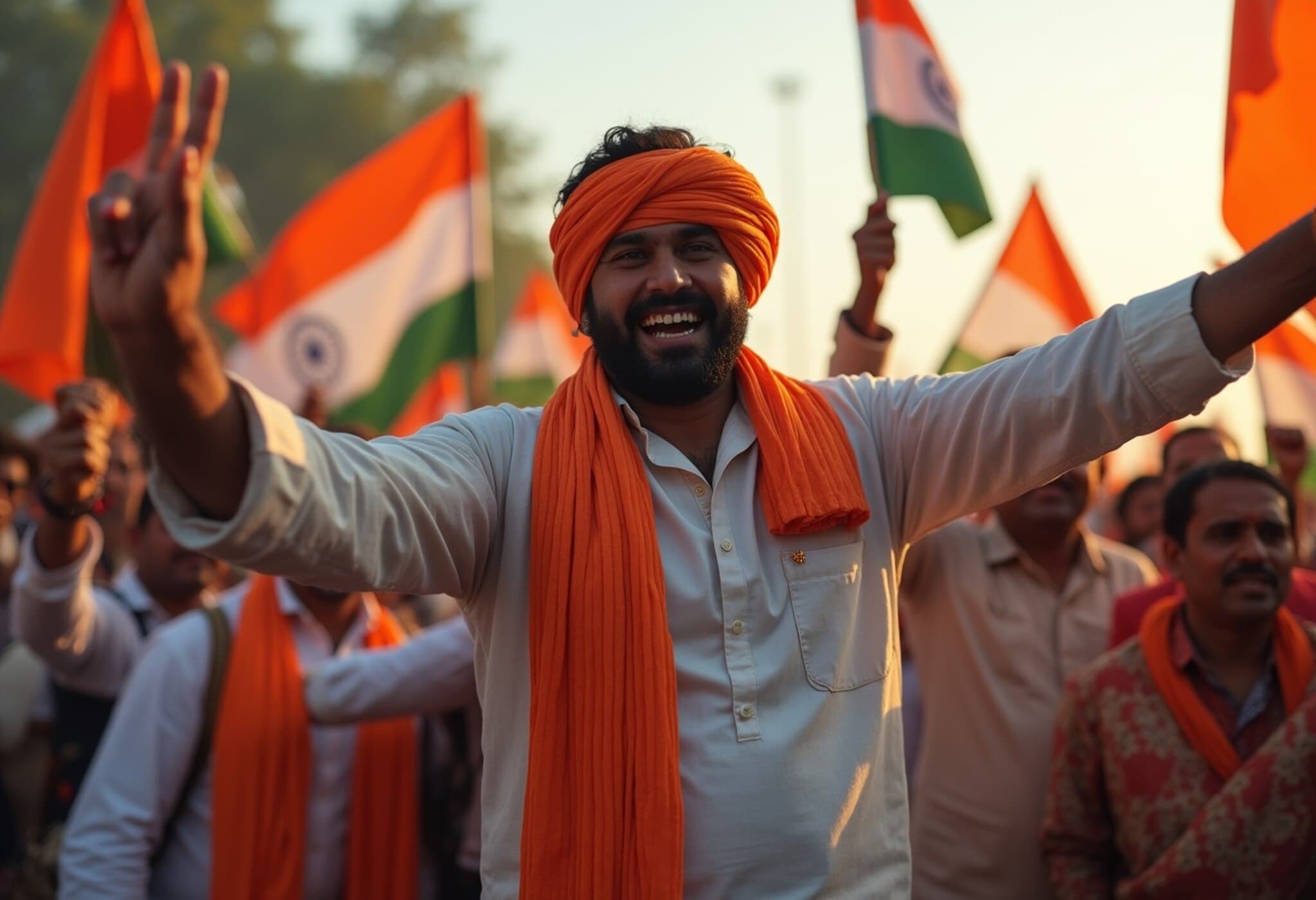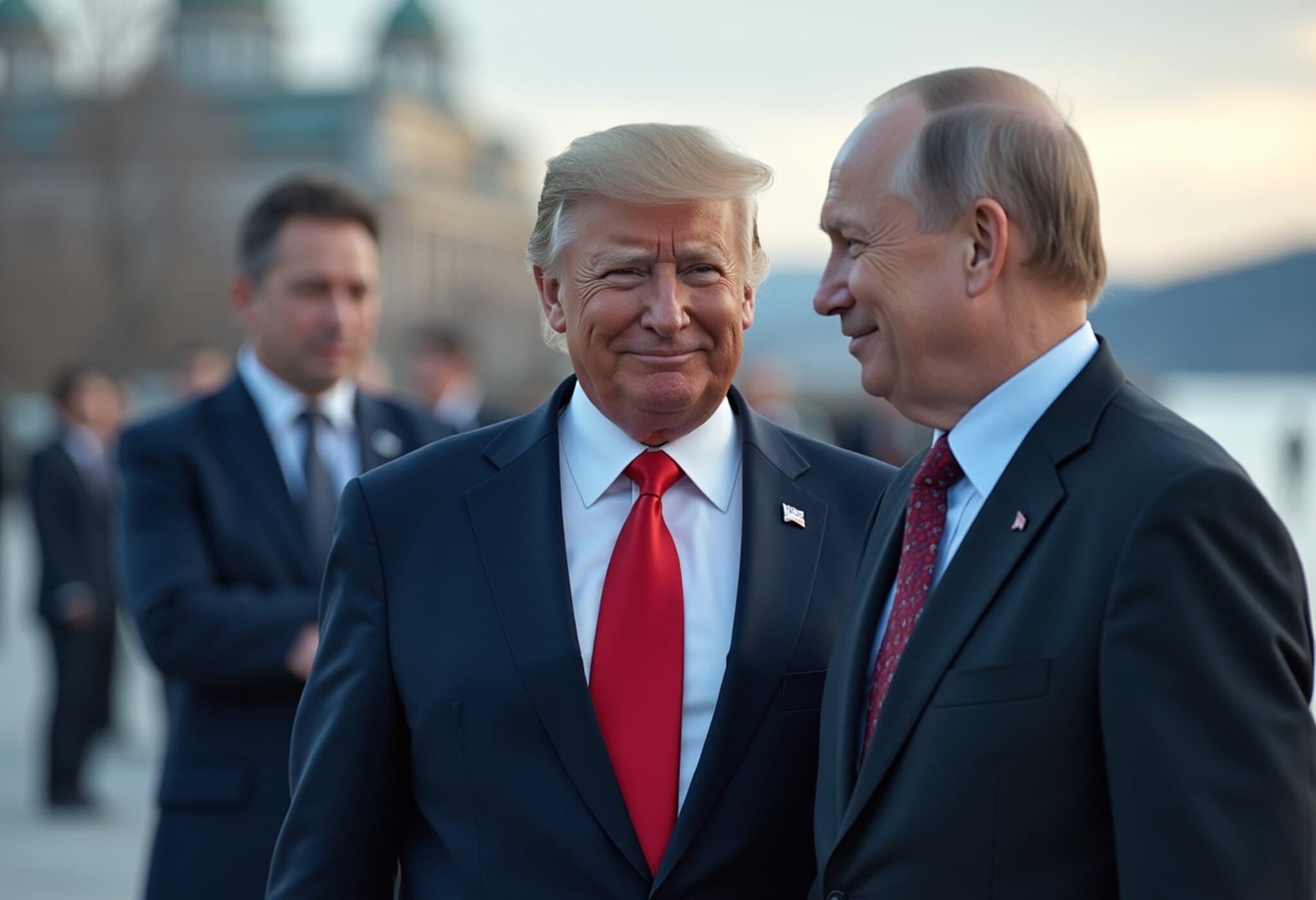High Stakes at Election Commission: INDIA Bloc Protests Spark Arrests and Barricade Jumps
On August 11, 2025, the atmosphere outside the Election Commission of India (ECI) headquarters in Delhi was charged with tension and defiance as opposition leaders from the INDIA bloc marched to protest ongoing electoral roll revisions. The demonstration escalated dramatically when Samajwadi Party chief Akhilesh Yadav leapt over police barricades, while prominent Congress leaders, including Rahul Gandhi and Priyanka Gandhi, were detained by the Delhi Police.
The Protest and Its Political Context
The INDIA bloc organized this protest in response to the Special Intensive Revision (SIR) of electoral rolls in Bihar, a move that has stirred controversy amid allegations of voter fraud during the 2024 Lok Sabha elections. The revision is also slated to extend to other states, intensifying political sensitivities as the upcoming polls approach.
Rahul Gandhi, serving as the Lok Sabha Leader of Opposition and Congress MP, led the march from Parliament toward Nirvachan Sadan, the Election Commission’s office. The protest aimed to demand transparency and accountability in voter roll revisions, accusing the Election Commission of "vote chori" (vote theft). This accusation gained further gravity following Gandhi’s recent press conference, where he described his evidence as an "atom bomb" of proof indicating electoral malpractice.
Confrontation with Delhi Police
As the march commenced around 11:30 am, Delhi Police promptly intervened, deploying personnel and setting up barricades to prevent protesters from reaching the ECI offices. Notably, the police pointed out that the protest lacked prior permission, framing their actions as a necessary measure to maintain law and order.
Amidst this tense standoff, Akhilesh Yadav defied the restrictions by jumping over police barricades, a moment that reverberated widely across social media platforms. Video footage captured Yadav’s daring move, symbolizing the opposition’s determination to challenge state authority. Meanwhile, Rahul and Priyanka Gandhi, alongside other opposition MPs, were detained, signaling the police’s intent to curb the protest swiftly.
Security Measures and Political Repercussions
- Over 300 MPs from both the Lok Sabha and Rajya Sabha participated, indicating a broad-based political commitment against perceived electoral irregularities.
- Multiple barricades and quick reaction teams were deployed by Delhi Police along the march route to prevent escalation.
- Security vehicles remained stationed near Election Commission offices to ensure uninterrupted traffic flow and rapid response capabilities.
The protest exposes a critical fault line in India’s democratic process, questioning the impartiality of the Election Commission as it navigates politically sensitive responsibilities. It also reflects a growing mistrust among opposition factions towards institutional mechanisms perceived to be under political influence.
Expert Insights: The Road Ahead for India’s Electoral Integrity
Legal expert and electoral analyst Dr. Meera Saxena notes that the SIR process, while constitutionally mandated, "must be implemented with utmost transparency to prevent it from becoming a tool for political manipulation." She adds, "The opposition’s protests highlight a broader need for electoral reforms that strengthen trust in India's democratic institutions, especially amid rising polarization."
From an economic standpoint, such political unrest can impact investment sentiment, as uncertainty around election processes often triggers market volatility. "Stable, credible elections are foundational for economic stability," explains policy analyst Rajiv Mukherjee.
Underreported Perspectives: Voices Within the Voter Rolls
Beyond political grandstanding, the SIR has substantial implications for everyday voters, particularly marginalized communities who may find themselves disenfranchised through rapid or opaque voter roll revisions. Civil society groups have voiced concerns that these revisions should prioritize inclusion and accuracy rather than become battlegrounds for partisan interests.
Conclusion
The unfolding drama at the Election Commission, marked by arrests and daring acts of defiance, underscores the heightened tensions gripping Indian democracy. As the nation approaches critical elections, ensuring the integrity and transparency of electoral processes remains paramount to sustaining public confidence and democratic legitimacy.
Editor’s Note
This protest, emblematic of larger political distrust, raises vital questions: How can India safeguard its electoral roll revisions from becoming politicized? What mechanisms should be instituted to assure citizens that their votes, one of democracy’s most precious rights, are protected? The coming months will test the resilience of India's democratic institutions and their capacity to adapt to rising challenges in a polarized political landscape.











